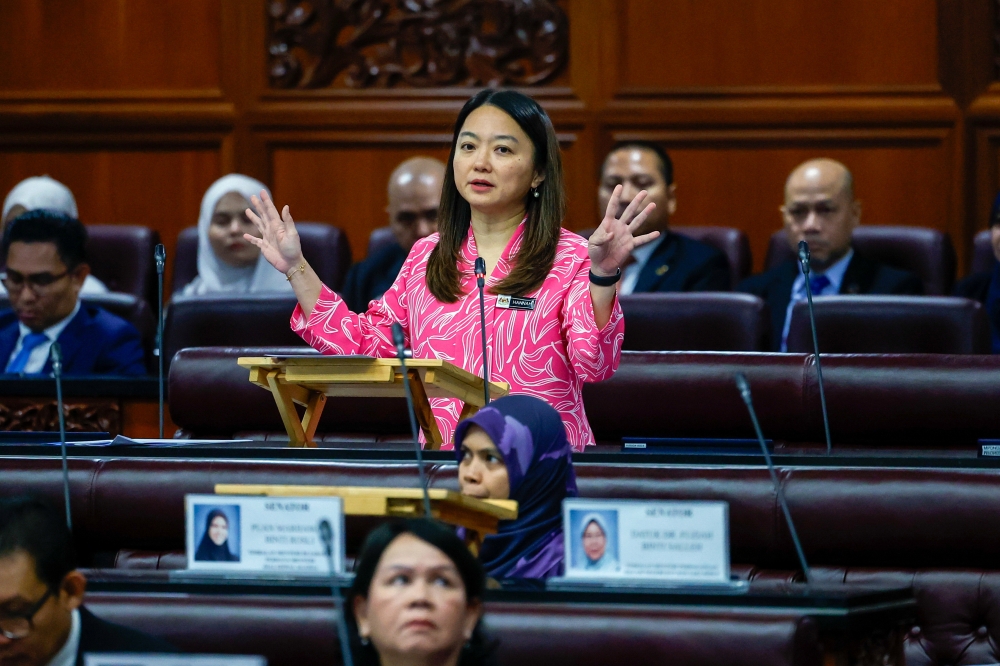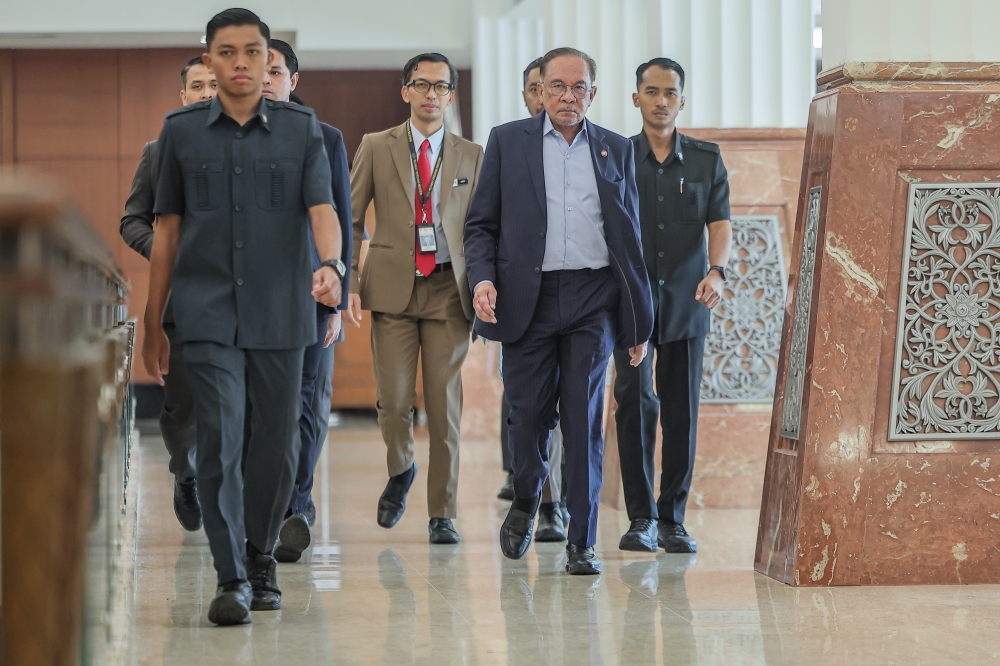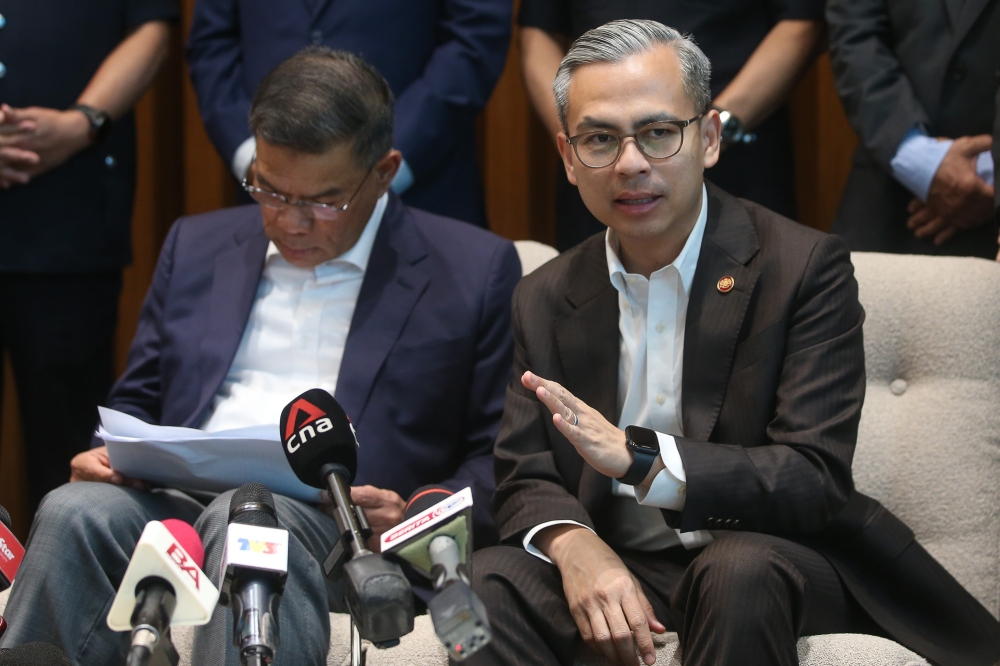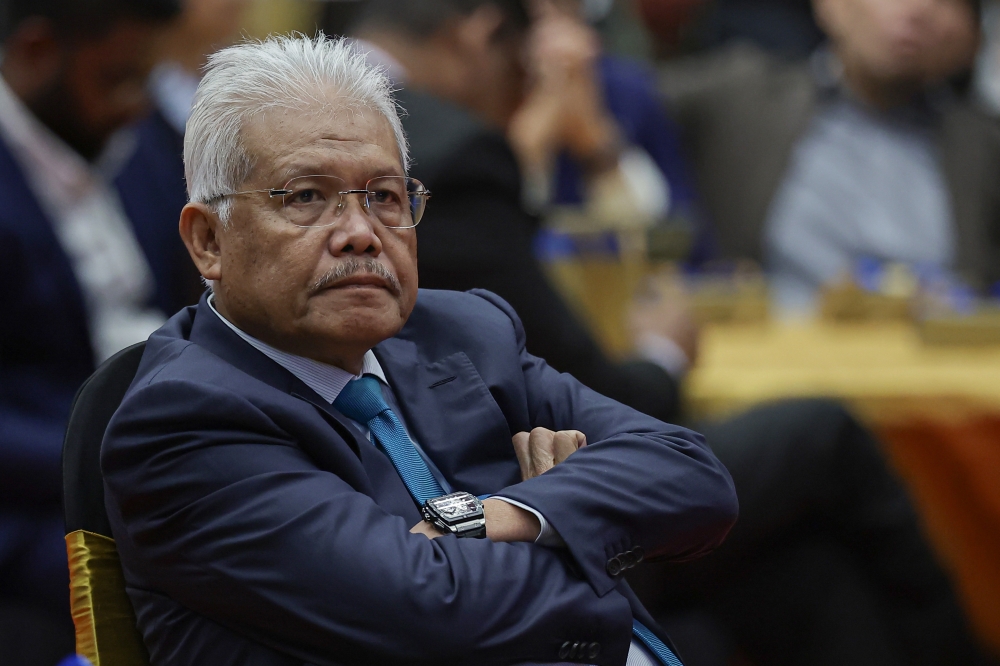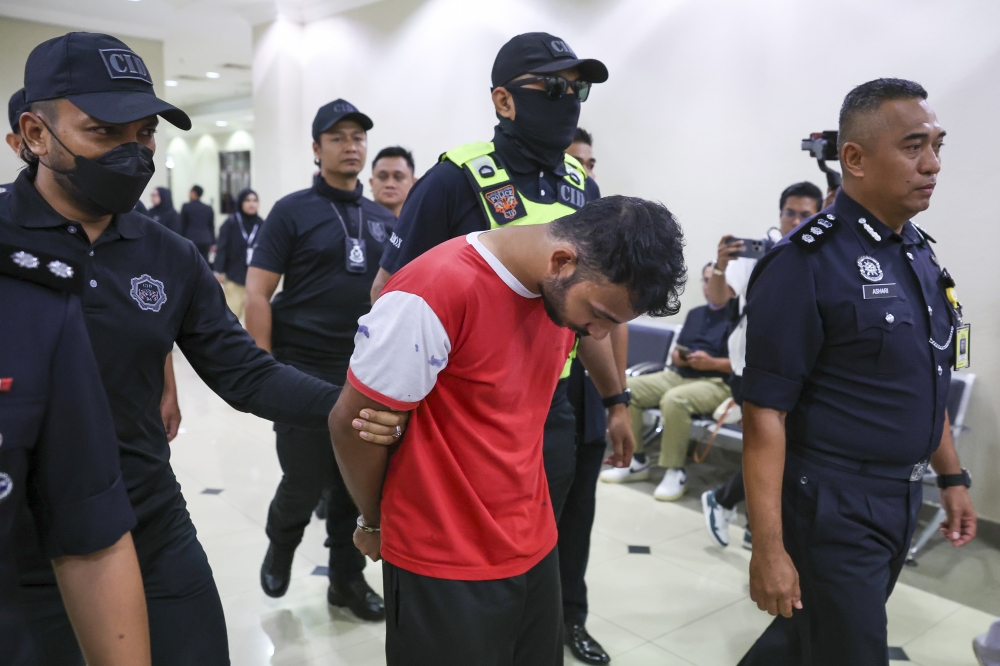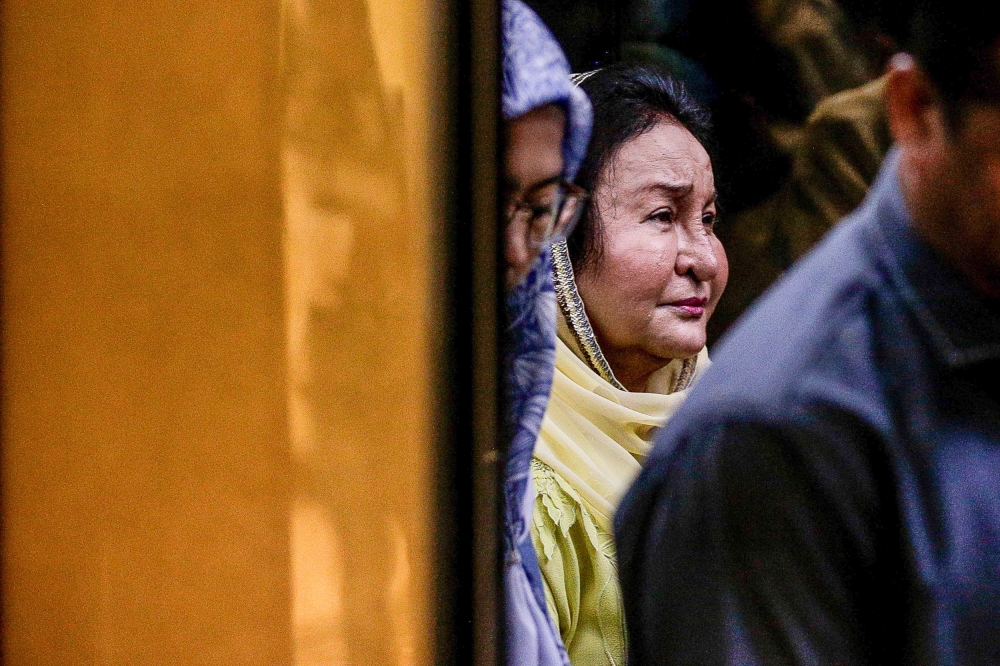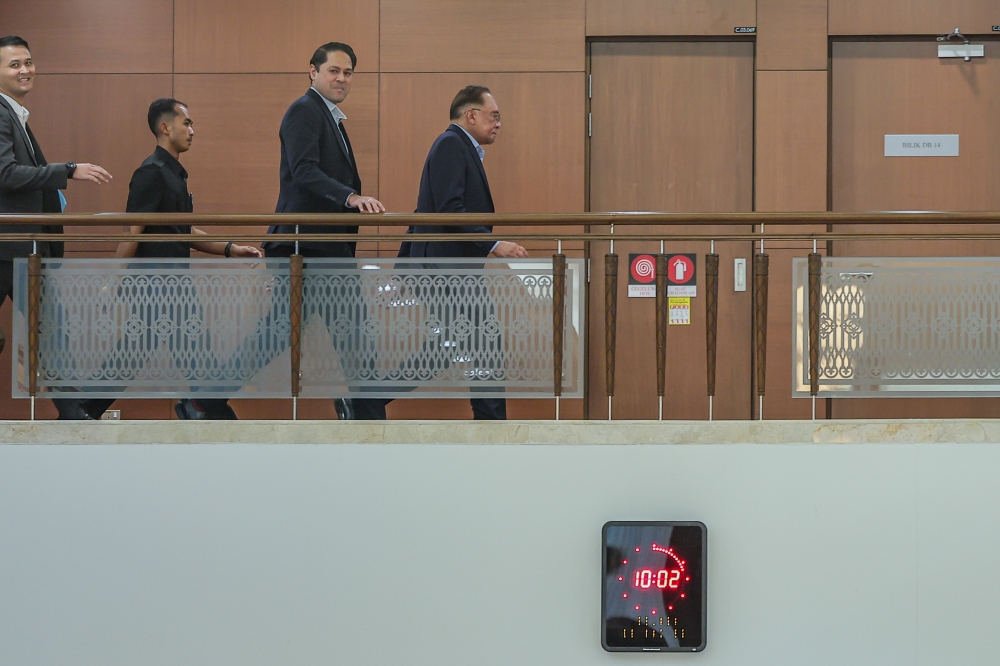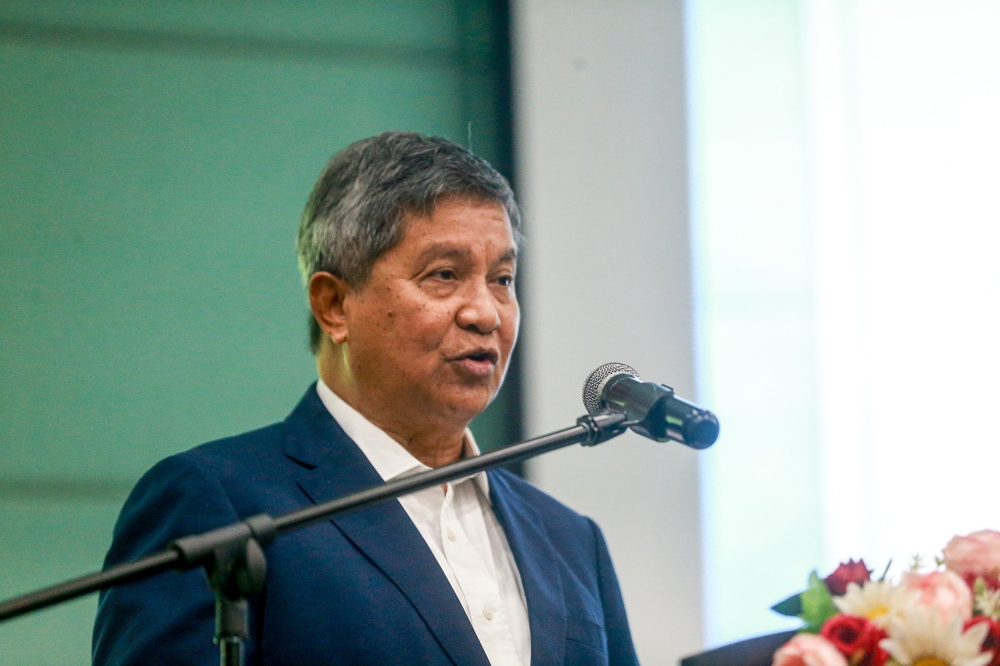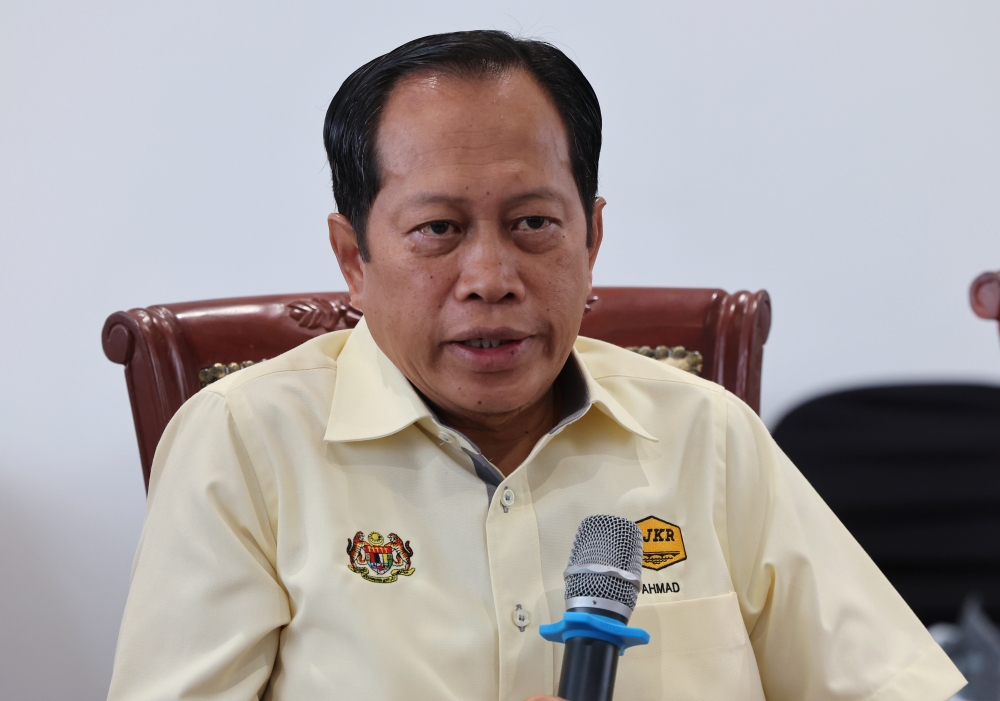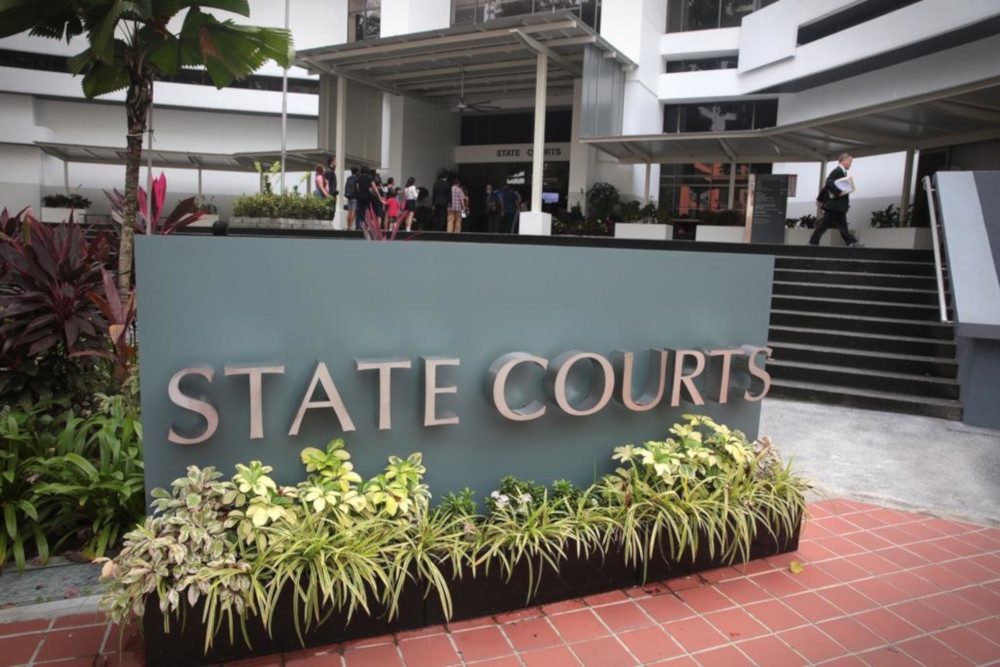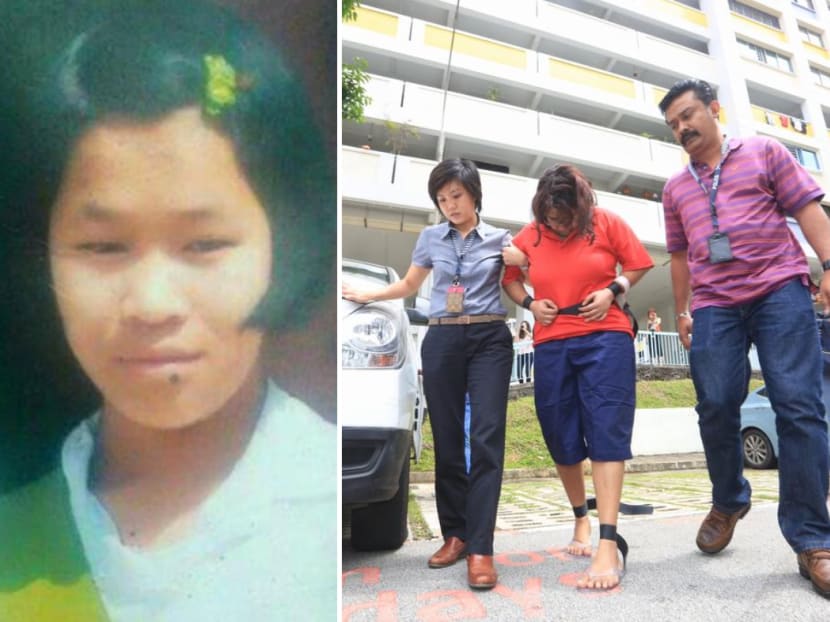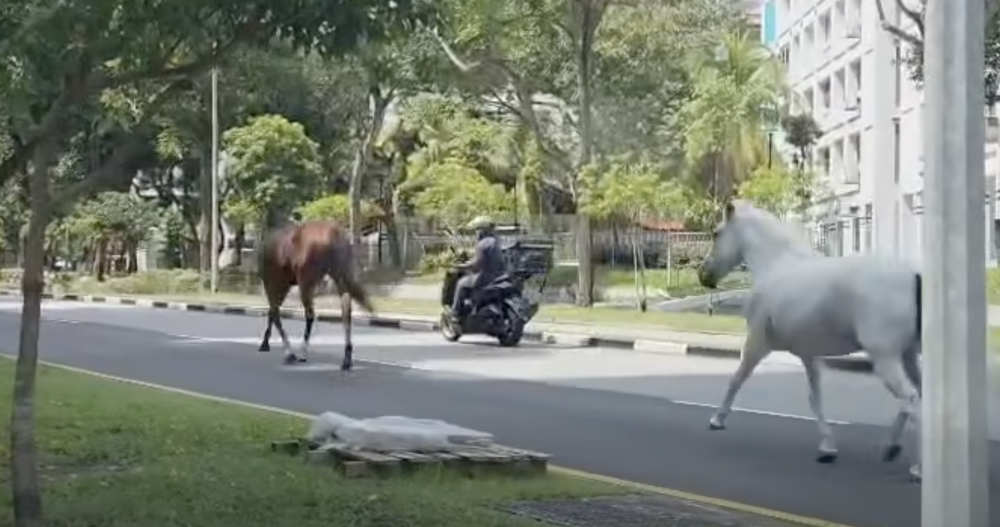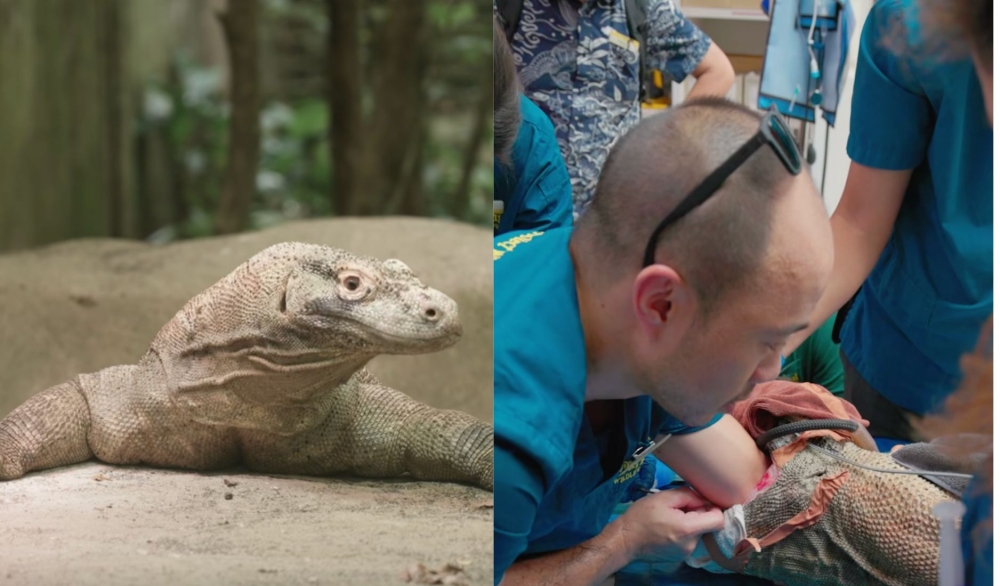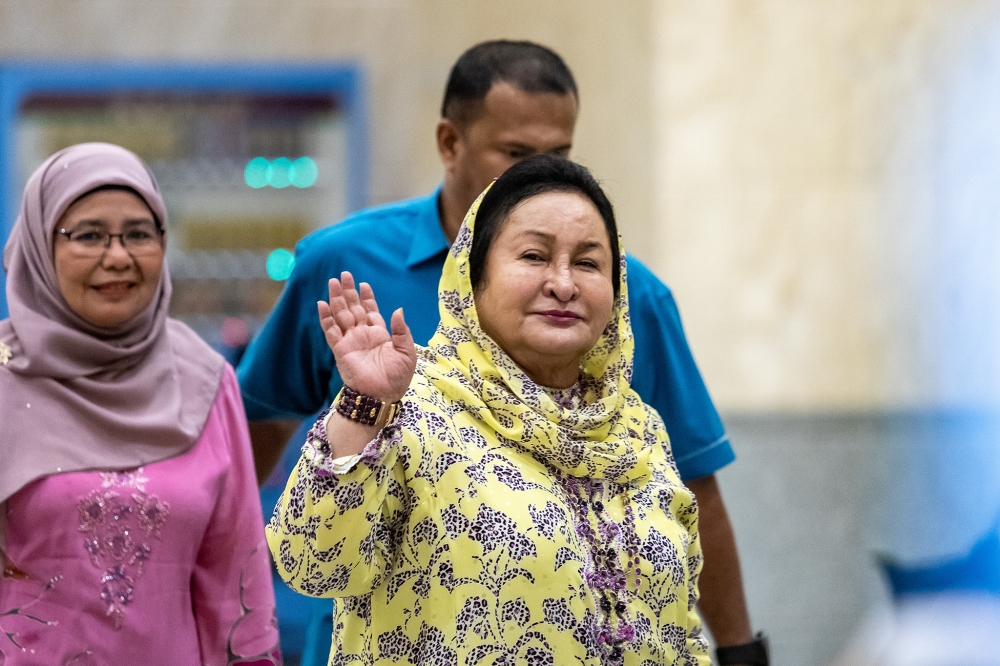SINGAPORE, May 4 — Gaiyathiri Murugayan, who was sentenced to 30 years’ jail last year for viciously abusing her domestic worker for several months till she died in 2016, took to the Court of Appeal today (May 4) to seek further records in support of her appeal.
However, three appellate judges denied the 42-year-old Singaporean’s request after a short hearing, ruling that these records — such as complaints that she was allegedly abused in prison — were irrelevant to her appeal.
Gaiyathiri's appeal against her sentence for killing 24-year-old Myanmarese Piang Ngaih Don, in what a High Court judge called one of the worst cases of culpable homicide to come before the courts, has not been heard yet.
The case sparked widespread ire from the public when details of the abuse that Piang endured were revealed for the first time in February last year, after Gaiyathiri pleaded guilty to 28 offences.
Piang weighed just 24kg when she died in the family’s three-bedroom flat along Bishan Street 11 on July 26, 2016.
She had lost 15kg and eventually died when Gaiyathiri, angry at her for being too slow in doing the laundry, assaulted her repeatedly and tied her to a window grille.
During sentencing, High Court judge See Kee Oon said he would have had “little hesitation” in imposing life imprisonment — as sought by the prosecution — if not for Gaiyathiri’s mental disorders.
She suffered from major depressive disorder and obsessive-compulsive personality disorder, which three psychiatrists agreed had substantially contributed to her committing the offences. Her murder charge was reduced to culpable homicide because of that.
Newest application
On Wednesday, Gaiyathiri applied for orders of discovery — the formal process where parties exchange relevant documents — against the prosecution and Singapore Prison Service.
She requested medical records in relation to herself and her mother, alleging that they had not been provided appropriate treatment and care by prison authorities.
She also asked for records kept by prison authorities in relation to her complaints about being allegedly abused physically and sexually by fellow inmates.
She has been remanded in prison since she was arrested on the day Piang died.
Gaiyathiri sought leave to admit this material, and a further report on her psychiatric condition at the time of her offences, as further evidence for her appeal.
Appearing via video-conferencing platform Zoom from prison, she told the court that “so many things” had gone on in prison — that is, confrontations between herself and other inmates and “officers treating us badly”.
She added that she also did not know what went on during pre-trial conferences (PTCs) that had been held before she pleaded guilty last year. Her former lawyers, Sunil Sudheesan and Ms Diana Ngiam, attended the PTCs on behalf of her, her mother and husband.
Gaiyathiri’s spouse, suspended police staff sergeant Kevin Chelvam, 42, and her mother Prema S. Naraynasamy, 61, respectively face five and 49 charges in relation to the abuse. Their cases are before the courts.
Gaiyathiri also told Justices Andrew Phang, Judith Prakash and Steven Chong that she accepted the mistakes she had made six years ago.
When she argued that she had “paid so much” since then and put this down as a mitigating factor, Justice Phang cautioned that the hearing was not her appeal per se, but that she wanted new material and evidence to be adduced.
In addition, Gaiyathiri asked for records of WhatsApp messages she had allegedly exchanged with Piang’s relatives, which purportedly showed they had forgiven her.
However, deputy chief prosecutor Mohamed Faizal Mohamed Abdul Kadir argued that it was “logically impossible” that she had communicated with them because she had no access to phones after she was arrested.
As for the complaints Gaiyathiri made against her fellow inmates and prison officers, the prosecution said that the relevant parties “have been appropriately punished under the SPS’s inmate disciplinary framework”.
There were also two incidents in 2019 when Gaiyathiri was, in fact, the aggressor. She was punished for them, and there has been no indication that she was sexually abused, prosecutors said.
The prosecution further noted that there is no legal basis for accused persons to demand the disclosure of new evidence after having pleaded guilty and having been sentenced.
“The entire course of the proceedings involving (Gaiyathiri) clearly lays bare the reality that she will never take responsibility for her actions, instead opting to wrongfully cast blame on others for her predicament,” prosecutors added.
Apex court rejects request
In giving their decision, the three judges agreed that the existence of the WhatsApp messages was “at best, speculative” and that she had no legal basis to request for them and the other documents anyway.
Justice Phang, who delivered the court’s decision, added that the records were not relevant in determining whether her plea of guilt was conducted properly.
“No live dispute remains over her guilt or innocence. This is about the validity of the plead-guilty procedure and whether her sentence is manifestly excessive,” the judge said.
He also noted that the Singapore Prison Service had explained that they would have provided the medical records if Gaiyathiri asked them.
The prison authorities also explained that they facilitated her request for her children’s records from a private psychiatrist, who provided them in October last year.
The three judges asked both the prosecution and defence to file submissions within eight days on whether Gaiyathiri and her lawyer, Joseph Chen, should pay costs to the prosecution.
The case
While Gaiyathiri admitted to abusing Piang over a longer period, closed-circuit television cameras that she had installed kept footage for only 35 days.
Investigators had to rely on footage from June 21 to July 26 in 2016. These video clips showed several instances of the abuse including Gaiyathiri dragging Piang by the hair.
Gaiyathiri was constantly angry with Piang for perceived unhygienic practices and slowness, physically and verbally abusing the younger woman and depriving her of food and water.
Gaiyathiri’s verbal abuse of Piang escalated to physical abuse from October 2015 onwards.
She would assault the worker almost every day, either alone or allegedly with her mother Prema S Naraynasamy, and often several times a day.
On the day Piang died, she had been beaten after Gaiyathiri grew angry that she was too slow in doing the laundry. Piang was then tied to a window grille for several hours.
An autopsy uncovered 31 recent scars and 47 external injuries all over Piang’s body.
After Gaiyathiri pleaded guilty, her lawyer Chen's request to impose a gag order prohibiting further reporting on the case, in order to protect her children from adverse media publicity, was rejected. ― TODAY


